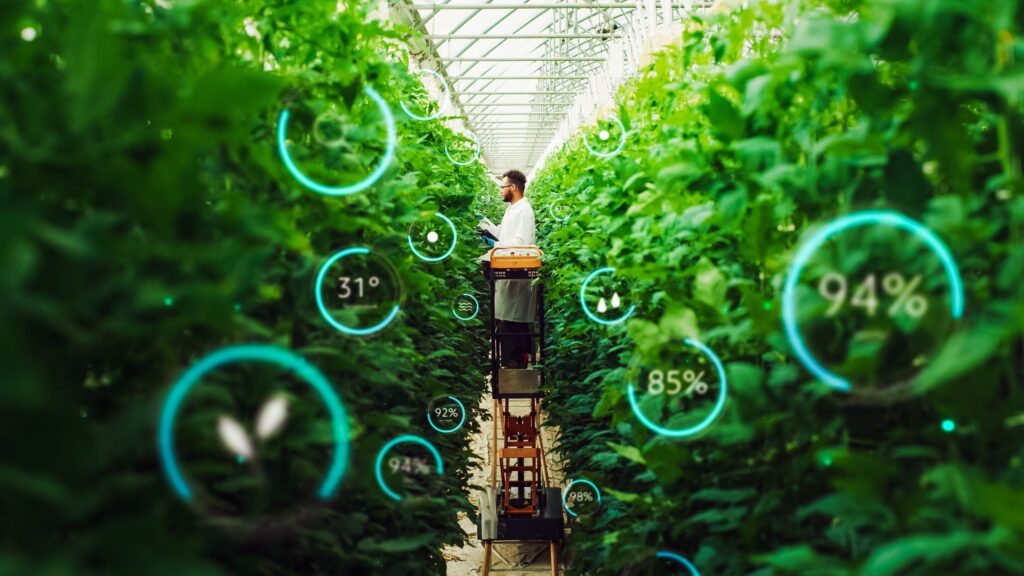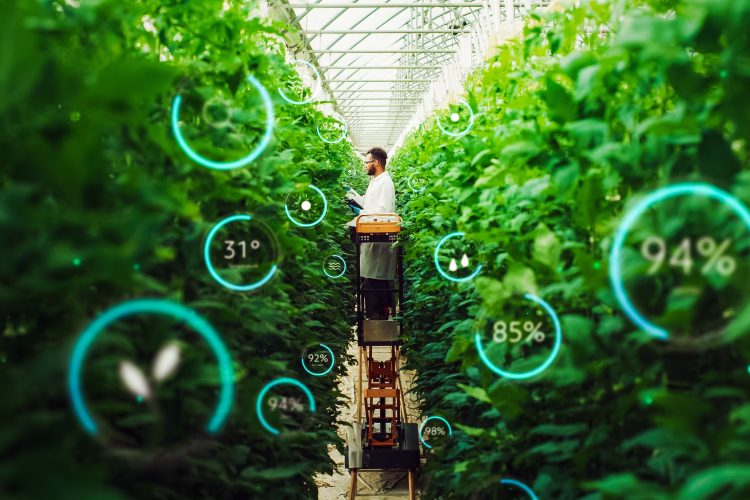New $3.7m lab aims to create climate-resilient crops

The University of Essex has opened a £3.7million plant lab that it claims will support researchers in combatting climate change and create crops for “tomorrow’s atmosphere today”.


A flagship facility has been opened by researchers at the University of Essex that they claim will allow scientists to adapt plants for a hotter drier planet.
The £3.7 million lab reportedly exhibits a “cutting-edge commercially standard” vertical farm, which can also be described as an indoor field that replicates real environments anywhere in the globe.
The researchers say that the vertical farm and suites imitate a warming world as they are able to raise CO2 concentration and temperature levels at will.
As well as this, computer plant scanning technology will also be used to monitor plants as they grow, pinpointing precise changes in photosynthesis.
Through the use of AI and robotics, the scientists will be able to develop new ideas, technologies, and strategies to predict how agriculture and the natural world are changing.
Leading the project, biologist Professor Tracy Lawson is continuing to build on her expertise regarding plant productivity, improving photosynthetic process and boosting crop water use.
“This amazing facility places plant research at Essex in a unique position to be able to grow and select plants for tomorrow’s atmosphere today,” said Lawson.
“This cutting-edge lab will put us at the forefront of research into how we can help plants change and adapt to climate change – helping secure everyone’s future. This state-of-the-art facility will help the world cope with a growing population by ensuring future food security by developing climate resilient plants,” she continued.
According to the team, the University of Essex will be the first in the UK to have a commercial standard vertical farm and is the “only lab in the nation” to combine all the facilities.
The Smart Technology Experimental Plant Suite (STEPS) facility aims to develop strategies to optimize plant performance while pursuing net-zero emissions.
The facility will also serve as a hub for researchers to build community connections and foster relationships with agricultural, horticultural, and technology businesses.
“We are in a race against time to futureproof agriculture against climate change, not just in the UK but globally,” said Paul Ramsbottom, Chief Executive of the Wolfson Foundation.
“The University of Essex is leading the way in critical research and development to support innovation and sustainability in food production, and we are delighted to be funding the technology platforms that will help them achieve this.”
Source: newfoodmagazine.com

